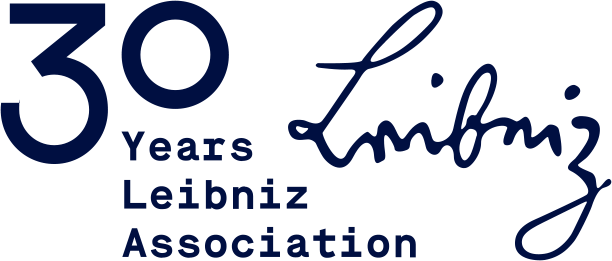
 “Open Science – understood as the opening up of research, research methods and infrastructure and results – is an integral part of implementing and securing good scientific practice in exchange with the scientific community and between science and the non-academic environment. Open practices promote transparency, accessibility, reproducibility and re-usability of scientific results and practices.”
“Open Science – understood as the opening up of research, research methods and infrastructure and results – is an integral part of implementing and securing good scientific practice in exchange with the scientific community and between science and the non-academic environment. Open practices promote transparency, accessibility, reproducibility and re-usability of scientific results and practices.”
– Leibniz Open Science Policy (PDF)
About

We are the Leibniz Strategy Forum on Open Science, striving to foster Open Science practices within the Leibniz Association and beyond. We want to be the hub for Open Science activities in Leibniz, which is why we created this website. We carry on the efforts of the Leibniz Research Alliance Open Science, which has ended in 2022. A list of publications from the research alliance and an overview of all alliance projects are still available.
LOS!
Our event series around Open Science

Open research practices promote transparency, accessibility, and reproducibility of scientific results – fundamental ideas that have been in place since the dawn of science and that are more feasible today than ever before due to digitalization. Yet Open Science appears to bear both, chance and challenge, for scientists and institutions.
Open Science is often discussed as an abstract concept but seldom contextualised within the current science system. Also, tools, best practices and laws to implement Open Science in one’s work routines are lacking, rarely addressed, or rapidly changing. “LOS!” (Leibniz Open Science!) is an online series that aims to promote Open Science and to inform about current developments related to Open Science within and beyond the Leibniz Association.
The series includes the following tracks:
- Highlight Talks (30 – 60 mins, incl discussion): This track focuses on an Open Science issue, whether it is a new or ongoing development or the background of why things are the way they are (and may need to be changed).
- Focus Introductions (30 – 60 mins, incl discussion): Because Gottfried Leibniz was a universal scholar with a profound understanding of maths, politics, engineering, philosophy, and more, his name was chosen to reflect the diversity and broad range of the Leibniz Association. In this track, we invite representatives of the different Leibniz Institutes to introduce their institute and reflect on the role of Open Science in their discipline.
- Workshops (2 – 3 hrs): Let’s get practical! In this track, we tackle the implementation of Open Science. The scope includes both research practices (e.g. reproducible analyses) and their administrative side (e.g. accounting).
Upcoming LOS! events:
You can find past LOS! events including materials such as slides and recordings in our archive. Check also our event calendar for further Open Science events.
No events are found.
Mailing list

Our mailing list serves the exchange about Open Science among employees of the Leibniz institutes. Join our mailing list if you deal with Open Science or are interested in it!
Note: This in an internal mailing list for employees of Leibniz institutes. For a general Open Science mailing list in Germany, have a look here.
Contact
